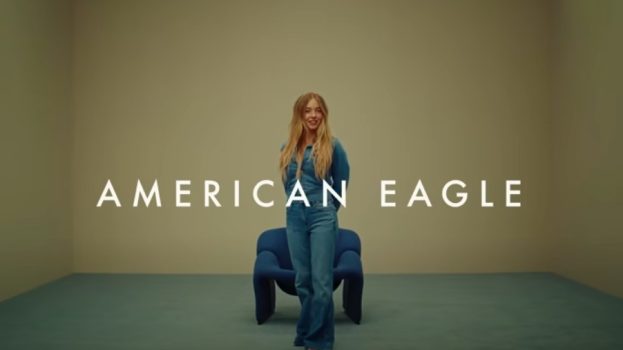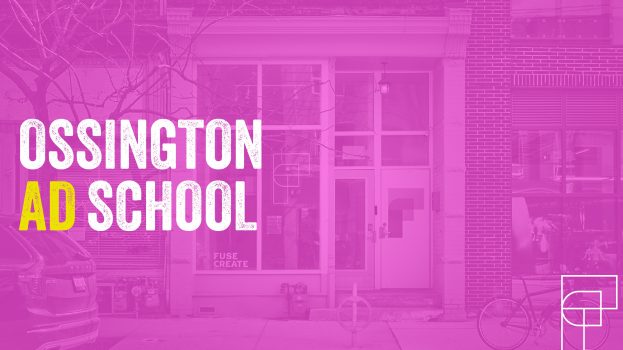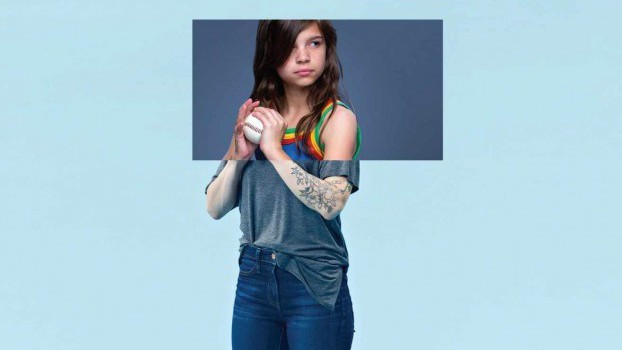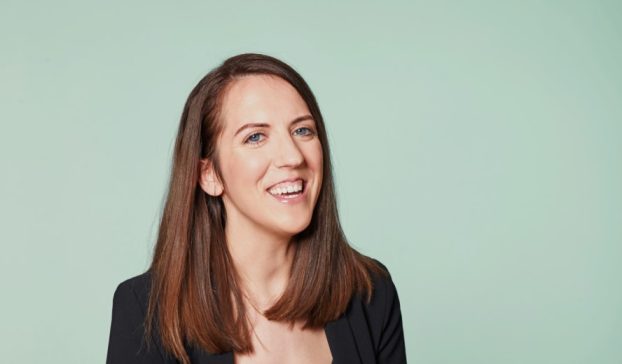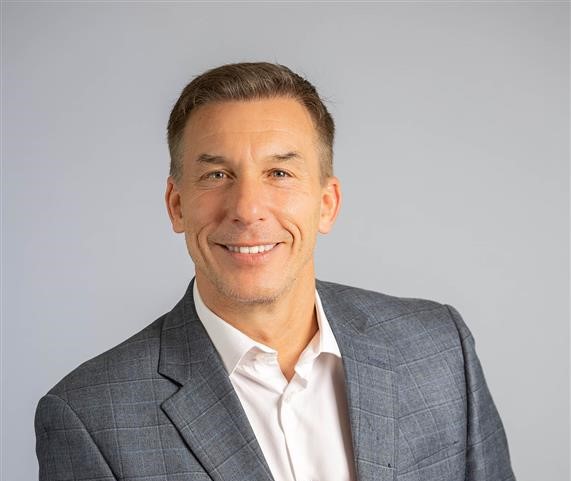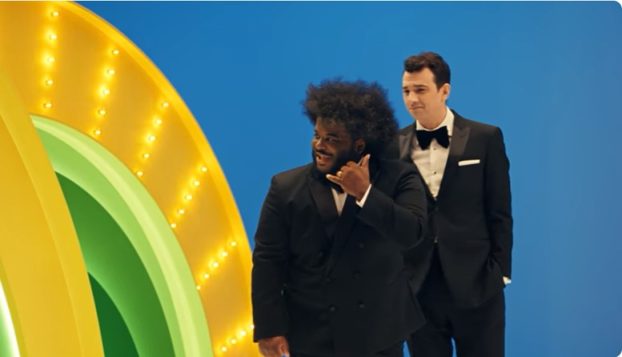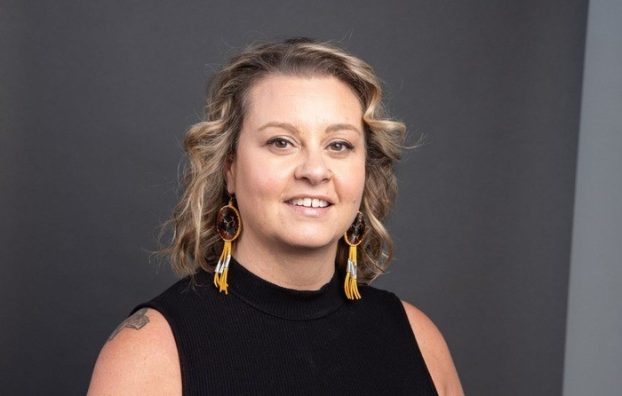In January, newly promoted L’Oréal Canada VP/CMO Dominique De Celles received a call from Sunni Boot, president and CEO of ZenithOptimedia, the beauty brand’s longtime media agency. Boot all but insisted that De Celles meet with Tony Gagliano, executive chairman and CEO of St. Joseph Communications. ‘That’s something she would normally never do,’ says De Celles. Gagliano was on the hunt for sponsors for an arts and culture festival he was working to bring to life called Luminato.
Turns out Boot’s hunch was right. ‘It was something magical,’ De Celles recalls of the meeting. Briefed on the idea for the 10-day festival, she says she knew right away that its values, vision and cultural diversity could provide a seamless fit for L’Oréal’s range of brands and an ideal environment to profile the French company while building brand equity outside French Canada.
In four months – an ‘insanely short amount of time’ – L’Oréal’s team of roughly 80 marketers met every two weeks to design tailored executions for the event. And in the end, the pairing of the Montreal-based division of the global beauty brand with the upstart Toronto-based cultural festival, which had its first run in June, was an unquestioned success.
They’d hoped for 500,000, but L’Oréal’s numbers suggest that Luminato was visited by about a million people. Eleven of the company’s brands, including L’Oréal Paris, Vichy, Biotherm and Garnier (there are 19 in total), were featured, and integrated into the festival’s activities.
For its Armani brand, for example, there was a swish VIP opening night gala at the BCE Place. For Redken and Maybelline New York, a New York-style loft in the Distillery District, with onsite makeup and hair consultations, was developed to reflect the brands’ Manhattan origins. And at Harbourfront, there was an interactive event for its Vichy line of sunscreens called Vichy Skin Mosaïc, which included education about sun protection as well as onsite skin diagnosis.
While Luminato was an untested property, De Celles, who had overseen marketing for the company’s marquee brand, L’Oréal Paris, since 1999, has become known for self-assuredness when partnering with assets that make sense to L’Oréal’s identity. ‘We like to be the first,’ she says of her approach to fulfilling the global directive to craft local identities. Partnering with events, festivals and TV shows is a strategy that has worked, she says, as it’s an effective way to reach brands’ target consumers.
For example, while heading L’Oréal Paris, De Celles linked up with Canadian Idol – a partnership that lasted three years – and its Quebec counterpart, Star Académie, in their first seasons to attract younger consumers. They were, and continue to be, top-rated programs. Most recently, the brand has shown up as a top sponsor with Slice’s Project Runway Canada series, hosted by supermodel Iman. And Toronto’s Fashion Week, of which it’s been the title sponsor since 2002, is an ‘important component of L’Oréal’s DNA.’ The fit of beauty and fashion has made waves in the company globally. ‘It’s now a worldwide strategy for global brands,’ she says, and New Zealand and Australia have since mirrored the tactic.
Sales suggest the strategy is working: in 2006, they were $760 million, up from about $400 million in 1999. And while there is some risk, she admits, the payoff is more flexibility and fewer sponsors – which means a brighter spotlight for L’Oréal.
Much like Luminato. Essential to the decision to sign on was the tagline ‘Partners in Creativity’ on all festival communications. ‘We didn’t just want a logo on the property,’ she says. ‘We wanted to be fused with the property.’
And the post-event numbers have made them very happy. Awareness of L’Oréal after the festival was 43%, according to the company’s research. Comparably, it was 35% after sponsoring Canadian Idol for one year. About 90% surveyed said the association between the festival and the brand was a good one. And another 33% who attended saw at least one of its beauty brands. De Celles says based on this inaugural success, they’ve re-signed for three years and plan to get more brands involved next year.
Also in the planning stages: L’Oréal Canada’s 50th anniversary in 2008, and L’Oréal Group’s 100th anniversary in 2009. Prepare for something local, strategic – and risky.

